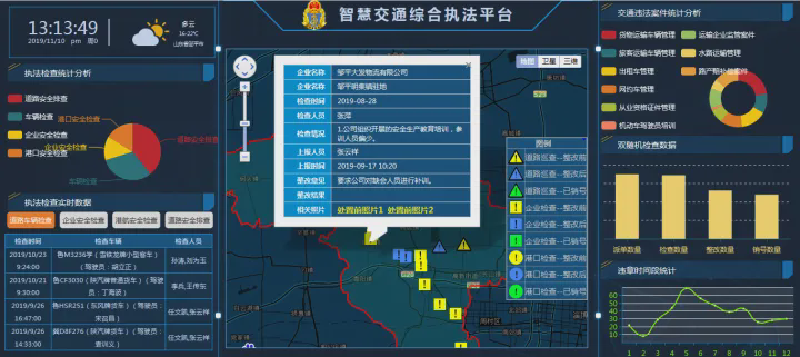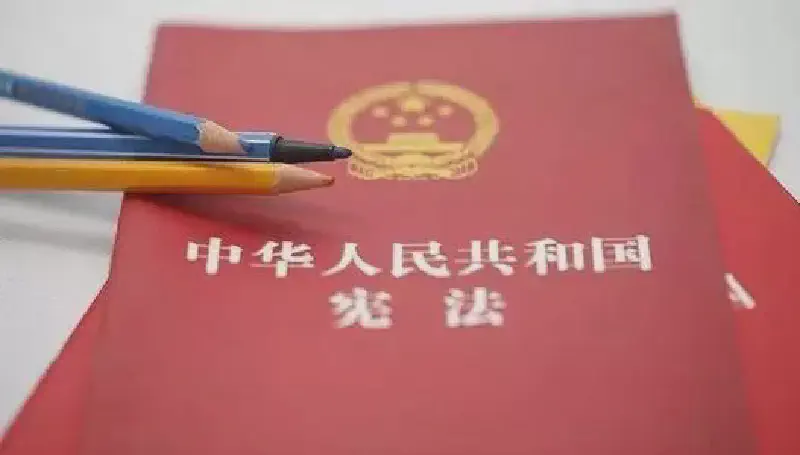My first shopping experience on eBay turned out to be quite unfortunate, encountering an order cancellation. The most frustrating part was dealing with the time difference between China and the US, as well as the low efficiency of American services. The whole ordeal dragged on for over half a month and still isn’t fully resolved.
Here’s what happened:
- March 24: I purchased a Citizen Blue Angels watch from lePerfect, a highly-rated seller on eBay with a 99.3% positive feedback. I paid $249.99 through PayPal using my Visa card.
- March 24: PayPal sent me an email titled “Important Notice: We’ve detected unusual activity in your PayPal account,” stating that there were security issues with my account and asking me to verify my personal information.
- March 24: I quickly uploaded my ID and credit card information as requested by PayPal and waited for their response.
- March 25: I received an email from *@leperfect.com with the subject “Jomashop Order EW109738 Cancellation Confirmation,” notifying me that my order had been canceled. I was frustrated—this was my first time buying on eBay, and my order got canceled, and it was done under the name of “Jomashop” (another reputable seller on eBay). I was baffled. So, I messaged the seller on eBay, “This is my first time using eBay. What went wrong? Why did you cancel my order? The watch looks great, why won’t you sell it to me?”
- March 25: While feeling down, I wondered if there was an issue with PayPal. I called PayPal’s customer service, and the representative was very polite. She said there were no major issues with my account, and once I verified my personal information and confirmed that the transaction was made by me, everything would be fine. She then verified my identity and cleared the “unusual activity” flag.
- March 26: In the afternoon, I finally received a reply from the seller: “PayPal notified us that they canceled the order for some reason. So we had to issue the refund through the PayPal claim. We apologize for any inconvenience.” I was annoyed by the slow response—this kind of delay would never happen on Taobao. The message essentially said, “PayPal told us to cancel the order, so we refunded you directly.”
- March 26: I checked my PayPal account, but the balance was still $0, and there was no sign of a refund. However, I did see an unresolved dispute case. It seemed that PayPal had flagged my account for security reasons and temporarily frozen the transaction amount.
- March 26: I called PayPal again, and the representative patiently explained the dispute process. She assured me that the transaction was fine, the money had already been transferred to the seller, and I should continue communicating with the seller to complete the transaction.
- March 26: I replied to the seller, “Hey, I just spoke with PayPal, and they said the money has already been transferred to your account. Since that’s the case, can you just go ahead and ship the item?”
- March 27: The seller replied, “Sorry, but this item is out of stock. We should have more in about 2-3 weeks if you would like to check back then.” The item was out of stock, and it would take at least two to three weeks to restock.
- March 27: Since the item was out of stock and I’d have to wait so long, I thought it would be better to just get a refund and reorder later. So, I replied, “PayPal said the money has already been transferred to you. Since you canceled the order, please refund me as soon as possible!”
- March 31: The efficiency in the US is incredibly slow, especially since they don’t work on weekends. Three days later, I received a slow-paced reply: “It looks like your order was already canceled and refunded through PayPal on the 25th because of a claim opened with them. You will not be charged for this order.” They claimed that the order had been canceled and refunded on the 25th, and I shouldn’t worry about it anymore. I was furious, but when I checked my PayPal account, there was still no refund. I held back my anger and called PayPal again, “Am I being scammed by this US seller? They keep saying they’ve refunded me, but I haven’t seen any money.” The PayPal representative calmly explained that this kind of situation is normal, “The money has already been transferred to the seller, so don’t worry. If they don’t ship the item, you have a 180-day window to file a claim and get your money back.” She even comforted me by sending a $10 goodwill credit to my account and advised me to continue negotiating with the seller, and if that didn’t work, to contact them again.
- March 31: I continued communicating with the “reputable” US seller: “This is my first time using eBay. Please don’t scam me. I really haven’t received the refund. Please refund me as soon as possible.” Meanwhile, I opened a dispute case on PayPal, stating that I hadn’t received the item and requested a refund.
- April 1: The “reputable” US seller sent their final reply: “PayPal canceled the transaction for some reason, and the case number they opened is PP-003-804-456-XXX. You can call them and provide that number for more information. We had to refund the order on the 25th because of the claim, otherwise we would have shipped. Please speak with PayPal because unfortunately, there is not much more we can do once they cancel an order.” They insisted that the refund had been issued on the 25th, “PayPal canceled our order, and there’s nothing we can do. You should contact PayPal.”
- April 1: I had no choice but to call eBay’s customer service in Shanghai and ask, “Is this seller a scammer?” They replied, “The transaction was successful. The money has been transferred to the seller’s account, and they promised to deliver the item by March 31. Since the item hasn’t arrived, you can apply for a refund.”
- April 1: I called PayPal again to discuss the refund. They escalated the dispute I had filed the previous day to a “compensation dispute,” stating that “if the seller cannot provide proof of shipment by April 11, the refund will be automatically processed.”
- April 12: I called PayPal again, “Didn’t you say the issue would be resolved by April 11? It’s been 10 days (even in the US, it’s already April 12), and the seller still hasn’t provided any proof. Shouldn’t I get my refund now?” The representative checked the dates and said, “Don’t get too excited, there are still 3 hours left before the 12-day period is up.” WTF?
- April 12, 10 PM: Finally, I received an email from PayPal: “We have completed our investigation of your case and have decided in your favor. We have recovered $249.99 USD and have credited this amount to your account. This credit will take up to five business days to process.” Seriously, it takes five days just to transfer the money?
- Additional Note: On April 4, I bought a similar model from another reputable US eBay seller, “jomashop.” The watch has probably arrived at the forwarding company’s warehouse by now. The only thing that puzzles me is the relationship between lePerfect and Jomashop. When I made the purchase from lePerfect, the seller was listed as “Star Five Group, LLC,” but when I bought from Jomashop, the seller was still “Jomashop.” Why did lePerfect use “Jomashop Order” in the subject line of their first email notifying me of the cancellation?









